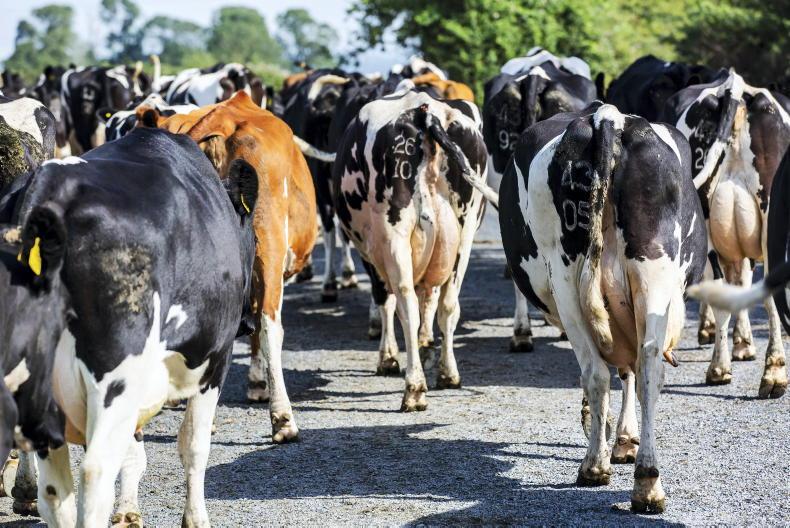The High Court has granted Friends of the Irish Environment (FOIE) leave to judicially review the Department of Agriculture’s Food Vision 2030 strategy, the environmental group has said.
FOIE has claimed that the strategy would undermine Government commitments made on emission reductions, biodiversity and water quality.
The environmental group has said that the legal review was necessary after the environmental pillar – a grouping of non-governmental environment organisations – left the stakeholder group responsible for developing the agri-food strategy for 2030.
FOIE has stated that the strategy contains “multiple, endemic shortcomings on climate, biodiversity, water and air quality” parameters.
Basis for the review
The court review of the sectoral strategy will include FOIE’s allegation that the Department had not subjected the roadmap to the full environmental impact assessment requirement.
“The grounds of the review include an alleged failure to properly subject the plan to the strategic environmental assessment and habitats directives, as well as the lack of monitoring.
“FOIE points out to the court that the environmental assessments accompanying Food Vision 2030 unequivocally concluded that an alternative strategy would have the most beneficial environmental outcomes.
“Nevertheless, this was rejected in favour of an industry’s agenda. Instead of a potential rural renaissance and a just transition for rural communities, we instead have [a] plan that will undermine our national climate and biodiversity goals,” FOIE said.
Climate crisis
FOIE went on to criticise the Minister for Agriculture for allegedly failing to acknowledge the Environmental Protection Agency’s (EPA) warnings on the expansion of the agricultural sector.
It stated that its case consisted of challenging Food Vision 2030 with EPA advice on the environment.
“This is the third 10-year industry-driven blueprint for the expansion of Irish agriculture in the past 10 years. During this time, climate, water and air pollution have risen dramatically and natural habitats have collapsed in lockstep with the unprecedented intensification of this sector.
“The EPA has issued repeated clear warnings on our headlong agriculture intensification, insisting that the business-as-usual expansion of the sector is unjustifiable if Ireland is to meet its legally-binding commitments under European law.
“Our case is to bring about what the EPA is advising,” FOIE said.
Backing within Government
The group also claimed that their case would be supported by Government advisers, who it says had objected to the agri-food sector’s plan for 2030.
Further sympathy could be found within other agencies of the State, such as the National Parks & Wildlife Service (NPWS), it said.
“The application to the court is buttressed by the Government’s own advisers, the NPWS.
“They unambiguously warned before the approval of Food Vision 2030 that it was not possible to conclude with any certainty that it would not adversely affect legally protected European habitats,” according to FOIE.
Family farms
The statement concluded by stating that the FOIE case’s objectives included “trying to bring about” improved economic outcomes for family farms, as well as protecting natural resources.
“Agriculture needs a transformation if it is to make real its vision of ‘protecting and enhancing our natural and cultural resources and contributing to vibrant rural and coastal communities and the national economy’ – and, critically, the economy of the family farm. That is what this legal case is trying to bring about,” FOIE has said.
The Department of Agriculture has yet to issue a response to queries on the case posed by the Irish Farmers Journal.






 This is a subscriber-only article
This is a subscriber-only article










SHARING OPTIONS: